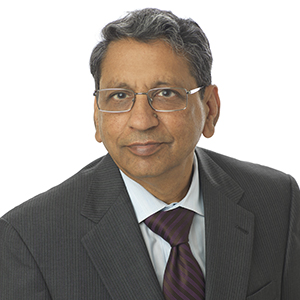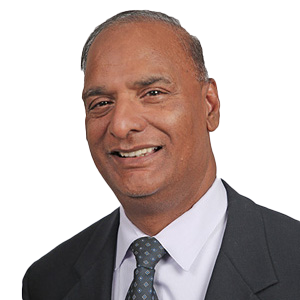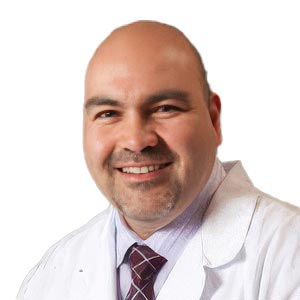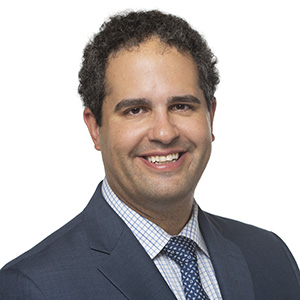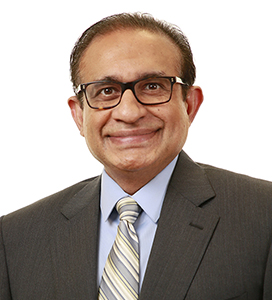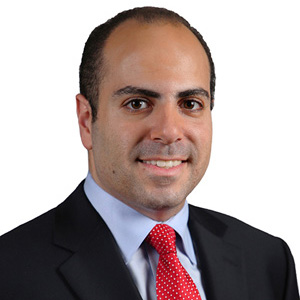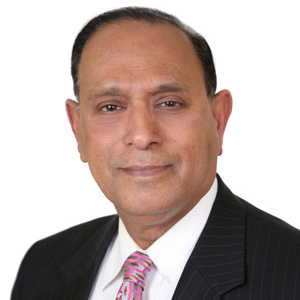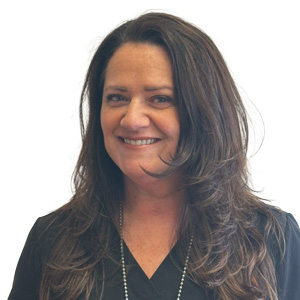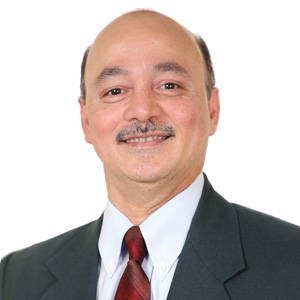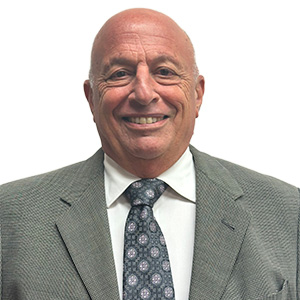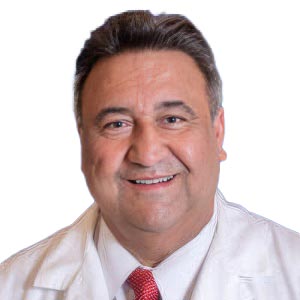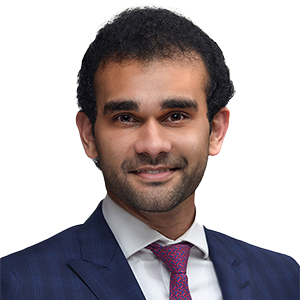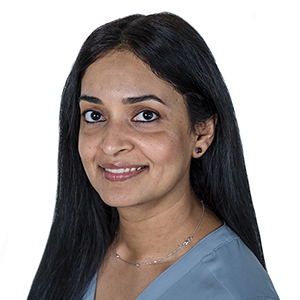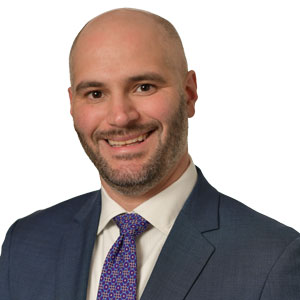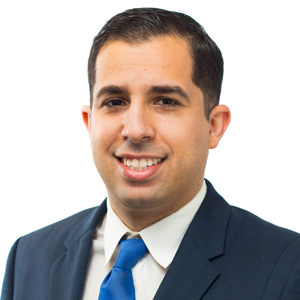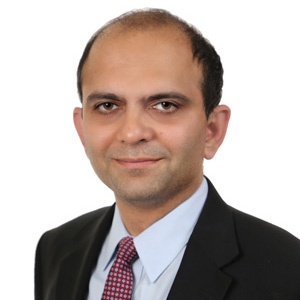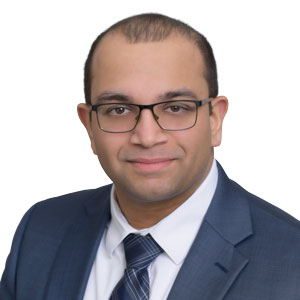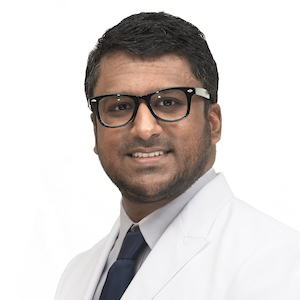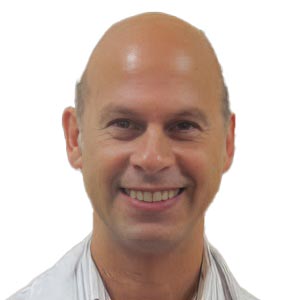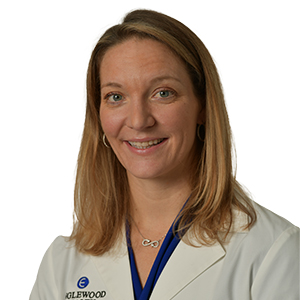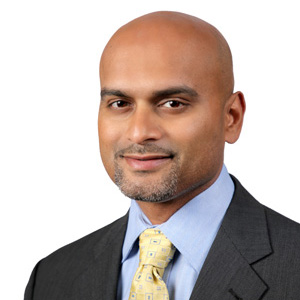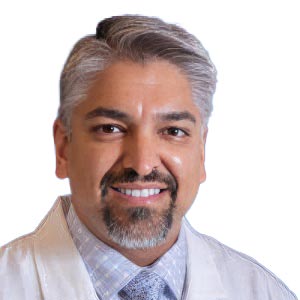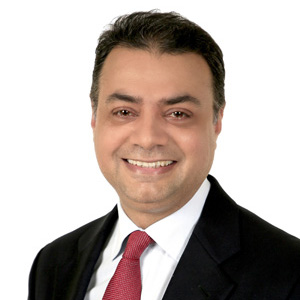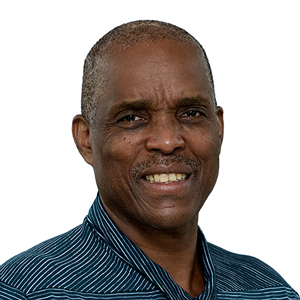Heart Care Services
Videos
Information on The Watchman
(Español) Watchman
Why Choose HVA Medical Group?
Our board-certified cardiologists’ primary focus is to provide superior heart care, tailored to each patient’s needs in order to prevent and treat cardiovascular disease. With a strong focus on prevention and education, our team of specialists are available to assist you in learning more about what you can do to keep your heart healthy.We pride ourselves on providing the highest quality cardiac care possible. We provide cardiac services in Bergen, Passaic, and Morris counties in northern New Jersey.
General Cardiology
The path to a healthy heart
Our board certified cardiologists provide expert cardiac care with a comprehensive, compassionate and individualized approach. In our eighteen locations across northern New Jersey, our physicians focus on each patient’s needs in order to prevent and treat cardiovascular disease. With a concentration on prevention and education, our team of cardiovascular specialists are available to assist you in learning more about what you can do to keep your heart healthy.
According to the American Heart Association, 121.5 million Americans, or about 48.5 percent, deal with heart or blood vessel disease. Our providers treat cardiac disorders and conditions through several specialized programs that address arrhythmias, peripheral arterial disease, congestive heart failure, heart attack, pulmonary hypertension, adult congenital heart diseases, coronary artery disease, valvular heart disease and related disorders. Our providers use an evidence-based approach and state-of-the-art diagnostic and treatment tools, tailored to your individual conditions.
Each cardiologist takes a personalized approach to care, taking time to learn about our patients’ needs and encouraging them to ask questions during their visit. Our physicians also work with a team of caring nurse practitioners, physician assistants, registered nurses, and clinical technicians. At the end of the day, our team works to make each visit as helpful and pleasant as possible.
Electrophysiology
Understanding the rhythms of the heart
An electrophysiologist, also referred to as a cardiac electrophysiologist, arrhythmia specialist or EP, is a cardiologist with a specialization in abnormal heart rhythms. Electrophysiologists test the electrical activity of your heart to diagnose the source of your arrhythmia (abnormal heartbeats) to help determine a suitable treatment. Atrial fibrillation (also called AFib), the most common type of arrhythmia, is a rapid, irregular heartbeat. It occurs when electrical impulses cause the upper chambers in your heart to quiver or contract quickly. If you have AFib, you can trust our cardiologists to provide education, answer questions, and create a care plan that lessens symptoms and lowers your risk of complications, such as a stroke.
Your electrophysiologist may recommend:
- Electrical cardioversion to safely use an electrical shock to restore the heart’s rhythm to a normal beat, especially if your symptoms are severe and immediate treatment is needed to restore a normal heart rhythm.
- Catheter ablation for fast heart rhythms including atrial fibrillation —including radiofrequency ablation (RFA) and cryoballoon ablation — to eliminate a small area of heart tissue that causes the abnormal rhythm.
- Pacemaker, implantable cardiac defibrillator (ICD), or subcutaneous implantable defibrillator (S-ICD) is implanted to regulate heart rhythm.
Cardiac resynchronization therapy (CRT) for heart failure, in which a pacemaker is implanted into the chest with lead wires to the heart’s ventricles to make the heart beat more efficiently. - Left atrial appendage occlusion (LAAO) device placement, in which a plug is placed in a part of the heart to decrease the risk of stroke.
- Heads-up-Tilt-Table Testing, a study often used to determine the cause of dizziness or syncope. The patient is placed upright, while secured to a table to prevent falling and then is observed with constant blood pressure and heart rhythm monitoring to help characterize the cause of their symptoms.
- Implantable Loop Recorder (ILR) placement, in which a small monitor is placed under the skin to monitor the heart for abnormal heart rhythms. It is often useful in determining the cause of syncope, strokes, or palpitations in addition to characterizing a patient’s atrial fibrillation.
- Electrophysiology (EP) study, placing electrodes through veins in the veins of the leg to the heart to measure the electrical activity of the heart’s conduction system and observe the response to pacing maneuvers or medications.
Interventional Cardiology
Taking care of your heart’s blood flow.
Interventional cardiology treats cardiovascular disease using multiple non-surgical procedures. The doctors who perform these procedures are board certified cardiologists and the procedures are performed at a hospital in a cardiac catheterization laboratory. Our interventional cardiologists can open a blocked coronary artery without surgery to help reduce damage to the heart. They don’t require any large incisions or instruments entering your body so the procedures are minimally invasive. The incisions made in these procedures are around one inch. The interventional cardiologist inserts a catheter in your upper leg into the femoral artery and guides the catheter towards your heart area using real-time x-rays.
There are several main interventional cardiology procedures, including the following:
Angioplasty and Stenting
A slender, long tube is inserted into your wrist or leg through a blood vessel and guided to your heart or other areas in your body. The doctor injects a dye through your arteries for guidance while performing the stenting procedure. The catheter has a balloon at the tip which inflates to stretch your artery open and increase blood flow to your heart. Then a stent is placed (small metal mesh cylinder) into your vessel so it stays open.
Balloon Angioplasty
A tiny balloon is inserted and inflated into your blocked artery during this procedure to create space. The plaque is compressed by the balloon against your artery wall to improve your blood flow. The doctor then takes the balloon out of your body after the procedure is completed.
Embolic Protection
If the narrowing that is being treated is in your carotid arteries or in a bypass graft, the doctor will use specialized devices such as filters to prevent the plaque from breaking off and traveling in your blood and causing damage.
Atherectomy
If needed, a burr or rotary shaver is placed at the tip of a catheter and guided it to the area that is affected to get rid of plaque that is built-up in the walls of your artery. A laser catheter might be used in some cases to vaporize the plaque.
Percutaneous Valve Repair
You have four valves in your heart that control how your blood flows through your heart chambers. Catheters are used to guide devices like clips to your damaged valve through your blood vessels. Doctors then repair your valve so your blood can start flowing properly again using these devices.
Coronary Artery Calcium Scan
A coronary artery calcium scan checks for calcium buildup in the coronary arteries. Calcium in these arteries may be a sign of heart disease. During the test, a CT scan takes pictures of the heart in thin sections. The result is a score based on the amount of calcium seen on the scan. A high score on a calcium scan can mean that you have a higher chance of having a heart attack than someone with a low score. The test takes about 30 minutes.
The results of a coronary calcium scan may prompt you to make some lifestyle changes, such as exercising, eating better, losing weight, and quitting smoking. You might also decide to take medicine such as cholesterol or blood pressure medicine. People who are at medium risk for heart disease will get the most benefit from this test. Your doctor can help you find out your risk. Knowing your risk for a heart attack is a key part of your decision to get a scan.
This test, which requires a prescription, is offered at the new Englewood Health imaging center located near our Fair Lawn location. If you would like to be evaluated, please schedule an appointment with one of our cardiologists. Click here to request an appointment.
Locations
- Passaic Office
- Paterson Office - Crooks Avenue
- Clifton Office - 2 Brighton Road
- Wayne Office - 401 Hamburg Turnpike
- Woodland Park - 1225 McBride Avenue
- Paterson Office - 680 Broadway
- Fair Lawn Office - 22-18 Broadway
- Ramsey Office
- Pompton Plains Office - 637 State Route 23 S
- Wayne Office - 342 Hamburg Turnpike
- Clifton Office - Paulison Avenue
- Ridgewood Office - East Ridgewood Avenue
- Paterson Office - Main Street
- Kearny Office
- Ridgewood Office - Ackerman Avenue
- Westwood office
- Rochelle Park Office
- Wayne office - 246 Hamburg Turnpike
- Wayne office - 468 Parish Drive
- Pompton Plains Office - 230 West Parkway
- Totowa Office
- Woodland Park - 999 McBride Avenue
Our Cardiologists


